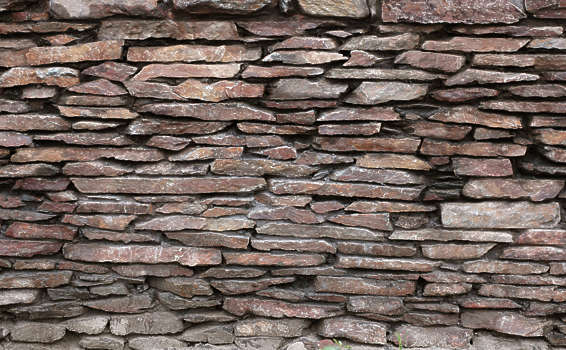When it comes to constructing durable and long-lasting concrete blocks, selecting the appropriate cement is crucial. The type of cement used can significantly impact the strength, durability, and overall quality of the blocks. In this article, we will delve into the various types of cement suitable for concrete blocks, their properties, and the factors to consider when making your choice.
- Portland Cement:
Portland cement is the most commonly used cement for concrete blocks. It is a versatile and reliable option that provides excellent strength and durability. With its ability to bind various materials together, Portland cement ensures the structural integrity of the blocks. Its composition includes limestone, clay, and gypsum, which are finely ground and heated to high temperatures. - Type I Cement:
Type I cement, also known as general-purpose cement, is suitable for most concrete block applications. It offers high compressive strength and is ideal for both load-bearing and non-load-bearing blocks. Type I cement is commonly used in residential, commercial, and industrial construction projects. - Type II Cement:
Type II cement is specifically designed for projects where moderate sulfate resistance is required. It is suitable for concrete blocks used in areas with exposure to soil or groundwater containing moderate sulfate levels. Type II cement is commonly used in foundations, retaining walls, and underground structures. - Type III Cement:
Type III cement, also known as high-early-strength cement, is ideal for situations where rapid strength development is necessary. It is commonly used in precast concrete blocks or projects with tight construction schedules. Type III cement allows for faster demolding and early loading of the blocks. - Type V Cement:
Type V cement is highly resistant to sulfate attacks and is suitable for concrete blocks used in areas with high sulfate content in the soil or water. It provides excellent durability and is commonly used in coastal regions or where exposure to seawater is expected.
Factors to Consider:
- Environmental conditions: Consider the climate, exposure to moisture, and potential sulfate levels in the area where the concrete blocks will be used.
- Strength requirements: Evaluate the load-bearing capacity and the specific application of the blocks.
- Construction timeline: Determine if a faster strength development is necessary for the project.
- Cost considerations: Compare the prices of different cement types and their availability in your region.
Conclusion:
Selecting the right cement for concrete blocks is essential for ensuring their strength, durability, and overall performance. By considering factors such as environmental conditions, strength requirements, construction timeline, and cost, you can make an informed decision. Whether it's the versatile Portland cement, sulfate-resistant Type II cement, or rapid-strength Type III cement, choosing the appropriate cement will contribute to the success of your concrete block project.

